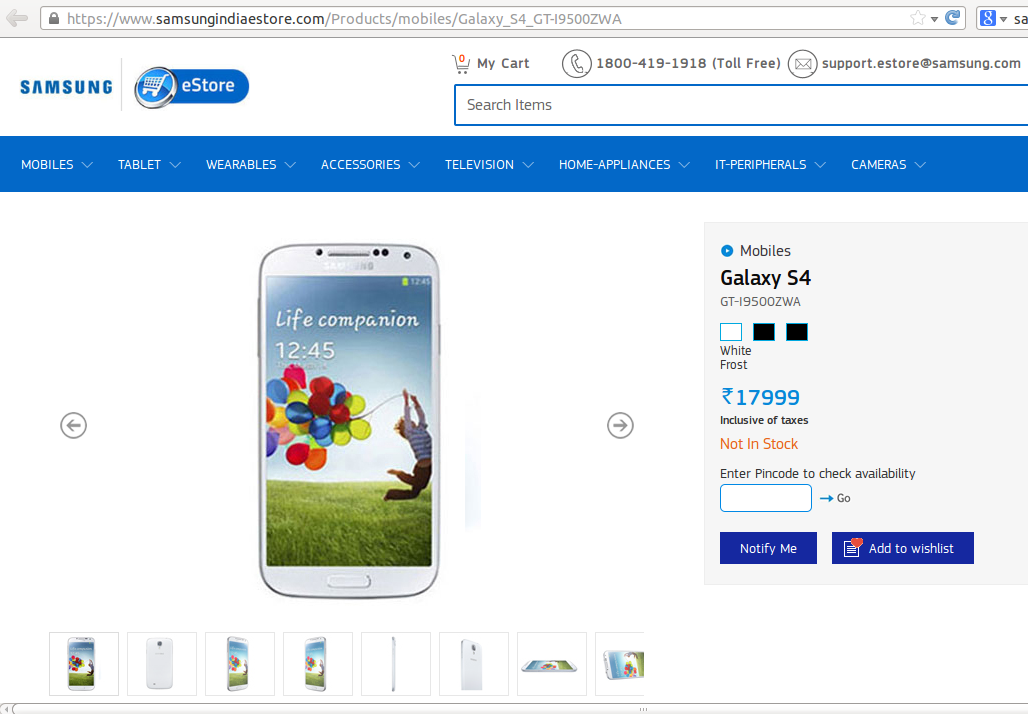The Indian Institute of Technology-Madras (IIT-M) has entered a three-year partnership with Nokia to create technology solutions that will enhance broadband connectivity in rural India. The project will evaluate the option of using unlicensed spectrum to deliver cost-efficient, last-mile broadband connectivity to remote rural communities in India, complementing the government’s National Optical Fibre Network (NOFN) initiative. As part of the deal, Nokia will fund and provide technological expertise for research at IIT-M’s Center of Excellence for Wireless Technology (CEWiT).
The research project aims to bridge the connectivity divide in India by broadening the reach of broadband in rural areas. As part of this research, CEWiT at IIT-M will undertake the following measures:
- Verify the feasibility of using unlicensed spectrum radio access technologies for cost-efficient, last-mile broadband connectivity
- Complement the Indian government’s ambitious plans of providing fiber optic connectivity to 230,000 gram panchayats* by providing last-mile connectivity from gram panchayats to their respective villages
- Create effective low cost rural access solutions based on Wi-Fi technology
Commenting on the association, Sandeep Girotra, vice president and head of India region, Nokia, said, "India is on the cusp of a digital revolution. We are really excited about this research collaboration with IIT-Madras, which will leverage its talent and innovation to drive the Indian government’s vision of empowering rural communities through broadband connectivity – an initiative that will revolutionize access to government services and the Internet.The successful implementation of this project is a key social development objective for Nokia in India.”
Prof. Bhaskar Ramamurthi, Director, Indian Institute of Technology-Madras, said that together with Nokia, IIT-Madras, through its Centre of Excellence in Wireless Technology, will explore new avenues for getting affordable wireless broadband technology to rural India in an effort to bridge the digital divide. "Our research will focus on leveraging the power of the Internet to accelerate the development of India's rural communities, home to the vast majority of India's population,” he said.
The Indian Institute of Technology-Madras is one among the foremost institutes of national importance in higher technological education, basic and applied research. It s a residential institute with nearly 550 faculty, 8000 students and 1250 administrative & supporting staff and is a self-contained campus located in a beautiful wooded land of about 250 hectares. The Institute has sixteen academic departments and a few advanced research centres in various disciplines of engineering and pure sciences, with nearly 100 laboratories organized in a unique pattern of functioning. It has established itself as a premier centre for teaching, research and industrial consultancy in India.
The research project aims to bridge the connectivity divide in India by broadening the reach of broadband in rural areas. As part of this research, CEWiT at IIT-M will undertake the following measures:
- Verify the feasibility of using unlicensed spectrum radio access technologies for cost-efficient, last-mile broadband connectivity
- Complement the Indian government’s ambitious plans of providing fiber optic connectivity to 230,000 gram panchayats* by providing last-mile connectivity from gram panchayats to their respective villages
- Create effective low cost rural access solutions based on Wi-Fi technology
Commenting on the association, Sandeep Girotra, vice president and head of India region, Nokia, said, "India is on the cusp of a digital revolution. We are really excited about this research collaboration with IIT-Madras, which will leverage its talent and innovation to drive the Indian government’s vision of empowering rural communities through broadband connectivity – an initiative that will revolutionize access to government services and the Internet.The successful implementation of this project is a key social development objective for Nokia in India.”
Prof. Bhaskar Ramamurthi, Director, Indian Institute of Technology-Madras, said that together with Nokia, IIT-Madras, through its Centre of Excellence in Wireless Technology, will explore new avenues for getting affordable wireless broadband technology to rural India in an effort to bridge the digital divide. "Our research will focus on leveraging the power of the Internet to accelerate the development of India's rural communities, home to the vast majority of India's population,” he said.
The Indian Institute of Technology-Madras is one among the foremost institutes of national importance in higher technological education, basic and applied research. It s a residential institute with nearly 550 faculty, 8000 students and 1250 administrative & supporting staff and is a self-contained campus located in a beautiful wooded land of about 250 hectares. The Institute has sixteen academic departments and a few advanced research centres in various disciplines of engineering and pure sciences, with nearly 100 laboratories organized in a unique pattern of functioning. It has established itself as a premier centre for teaching, research and industrial consultancy in India.











